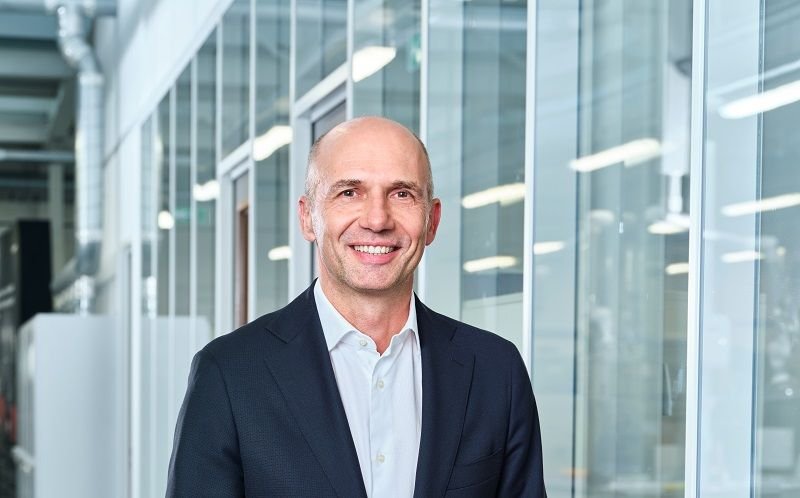
Introducing Stahl's new CEO, Maarten Heijbroek
For those who don’t know you, could you briefly introduce yourself and your background?
Sure. I’m a 56-year-old Dutchman, a father of three (22, 20, and 18), and a keen sportsman. I practice a variety of sports three to four times a week, from running to padel. Business-wise, I have broad experience in the specialty chemistry industry across lots of different businesses. My previous international job functions have seen me live in five countries besides the Netherlands: the USA, Malaysia, Germany, Italy, and the UK.
What attracted you to Stahl?
As Stahl was a customer of my previous employer, Croda, I already knew it as a very strong and successful company. What attracted me most was the level of professionalism and the clear focus on customer intimacy, which I value a lot. I was also struck by the passion and enthusiasm shown by Stahl colleagues. So far, everyone I’ve spoken to has been extremely passionate about his or her job: a good sign!
What do you view as the main developments shaping the chemicals industry today?
First of all, sustainability dominates everything. If you don’t jump on that train, you’ll simply not survive. Meanwhile, innovation is speeding up, partly thanks to the smart use of IT. There’s more innovation taking place than ever before, and I see a shift from chemical to biological processes.
Looking at the center of gravity of the chemicals industry, we see Europe as the powerhouse of specialty chemistry. At the same time, there’s a shift toward Asia.
And last but certainly not least, we have digital transformation. Digital tools and processes change the way we work and the way we deal with our customers. Achieving customer intimacy through digital platforms is becoming more important – companies that embrace this trend now have the potential to gain a competitive advantage.
From an outsider’s perspective, how do you feel Stahl has coped with these changes?
As far as I can judge now, Stahl is in a good position. As a market leader, we have a lot of strength in R&D and have also embraced open innovation. The recently announced strategic focus areas – open innovation, renewable feedstocks, digital transformation, and sustainable development – indicate that Stahl is well aware of what’s happening around it and able to anticipate the latest trends and developments.
What will be the biggest opportunities and challenges for Stahl in the years ahead?
Let me first emphasize that Stahl has always been very successful. I’d like to start learning about the company; learning from colleagues, our customers, and our customers’ customers. After a while, I hope to be able to draw some conclusions: where are we heading in the coming years?
What, above all, do you hope to achieve during your tenure as CEO?
If Stahl is as successful in the next 10 years as it’s been in the past 10, I think I’ll be quite happy.